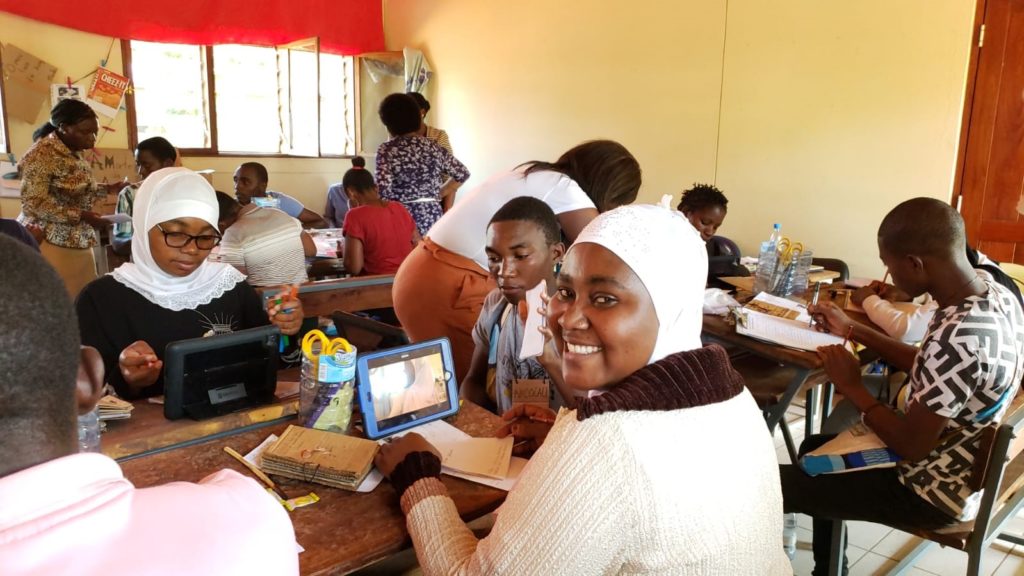Much of the global research on gender-based violence in schools reveals that learning institutions are often breeding grounds for power imbalances that result in high rates of sexual harassment, exploitation and violence. In Mozambique, where gender-based inequalities and gender-based violence are all too prevalent, creating dialogue around these issues has presented a real challenge to CODE in its efforts to improve pre-service teacher education through a partnership with the national Ministry of Education and its local NGO partner, Associação Progresso.
Despite a 2016 study reporting that 37% of women in Mozambique ages 15-49 have experienced gender-based violence in some form, only 1% of pre-service teachers, when surveyed, noted that they have personally experienced it. Even at the leadership level (including women), there was resistance to talking about the subject.
With training from McGill University, CODE and Associação Progresso designed a pilot project to help pre-service teachers engage in reflexive dialogue about gender-based violence and other rights-based issues through the production of cell films – a participatory visual methodology intended to catalyze dialogue and challenge cultural norms that disadvantage women and girls.

Over 34 cell films were produced on sexual harassment, early marriage, sexual and reproductive health, women’s rights, etc. They have been shown in schools, in homes, and widely in the communities. The easy-to-make cell films have also been shown at the national Ministry of Education where they have generated a lot of discussion that has the potential to influence policy on gender equality.
CODE has observed through this pilot project the power of cell films to spark dialogue and change perceptions on gender-based violence and exploitation in its many forms. The previously observed reticence disappeared. The participants told stories and developed messages that came out of their own experiences but through a medium that was less threatening. The young people, especially young women, were empowered to speak up and speak out.
CODE is considering the replicability and scalability of this pilot project in its other country programs, particularly given CODE’s growing focus on working collaboratively with teachers’ colleges to build capacities of the next generation of teachers. In addition, cell films and other participatory visual methodologies could be adapted for use with secondary students, especially girls, as well as with in-service teachers.


